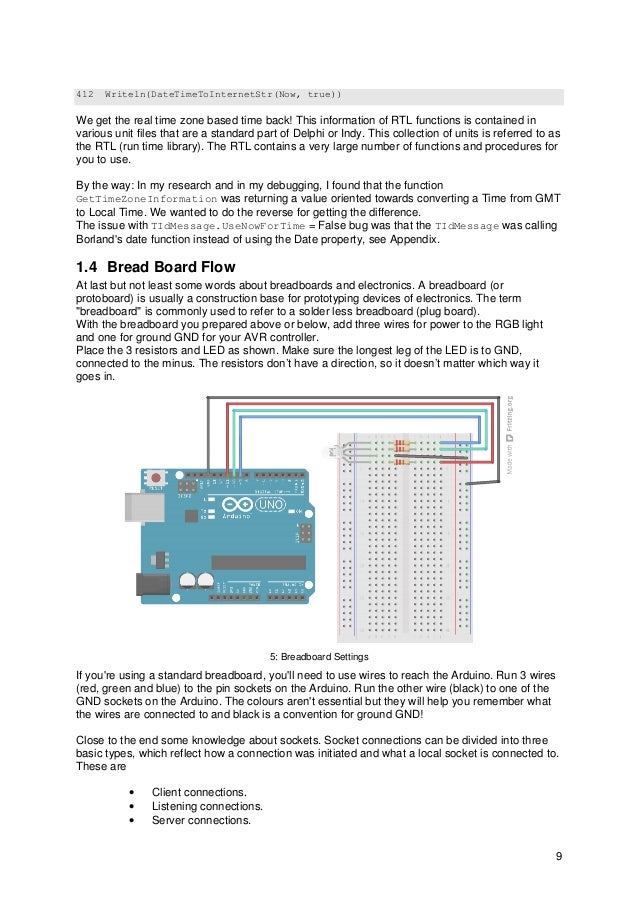I am developing Delphi application on Delphi 2010 XE RAD Studio under Windows 7. My application talks on the serial port non-stop. I am using AsyncPro for Delphi 2010.
So So Def Bass Allstars Vol 2 Rar Vietnam. Serial Communications Library for Delphi: Delphi serial port library, serial component, Codegear Delphi serial control Serial Communication Library for Delphi - Borland - Embarcadero serial port component, serial port control, virtual serial ports, usb serial and RS232, RS422, RS485 software tool for Delphi Windows Standard Serial Communication Library for Delphi The Windows Standard Serial Communications Library for Delphi (WSC4D) is an serial communication library based on the Windows API. Includes 46 functions plus modem control, serial comm API. WSC4D uses the core Windows API to communicate with any device connected to a serial port from within a Delphi application. A simple interface allows accessing data from a serial port using RS232 or multi-drop RS422 / RS485 serial ports. WSC also supports virtual ports such as those created by Bluetooth and USB/serial converters. WSC4D provides the capability to quickly write 32 bit and 64 bit Delphi applications to control serial devices such as barcode scanners, modems, lab instruments, medical devices, USB serial devices, scales, GPS navigation, etc. The Delphi component library includes 49 functions plus serial line status & control, modem control, ASCII/XMODEM/YMODEM protocols, and a good selection of Delphi example programs.
WSC4D can be used with any version of Borland/Codegear/Embarcadero Delphi (including Embarcadero XE8 and Delphi 10 Seattle/Berlin). Features of WSC4D include: • Includes 64-bit (WSC64.DLL) and 32-bit (WSC32.DLL) versions. • Free technical support and updates for one year. • Royalty free distribution with your compiled application.

• Evaluation versions are fully functional. No unlock code is required. • Includes 49 functions plus modem control. • Can control any serial device (scale, barcode reader, etc.) connected to a serial port. • Can be used from GUI mode or console mode programs. • Can control multiple ports simultaneously. • Can be used with virtual serial ports using Bluetooth serial or a USB to serial converter.
• Supports RS232, and multidrop RS422, and RS485 ports. • Includes hardware and software flow control. • Supports character peek (SioEventChar). • Supports transmit and receive timeouts.
• Can send Windows messages on completion of events (incoming character, etc.) • Supports any baud rate (32-bit and 64-bit versions). • Ability to specify the parity, word size, and number of stop bits. • Comes with ANSI emulation and ASCII, XMODEM and YMODEM. • Supports binary and text data transfer. • Is port re-entrant. • State driven Xmodem and Ymodem on multiple ports simultaneously. • Is fully thread safe.
• Supports Windows XP through Windows 10. • Works with all 32-bit versions of Borland, Codegear and Embarcadero Delphi.
• Works with 32- bit and 64-bit verisons of Embarcadero Delta XE through Delphi XE8, and Delphi 10 Seattle and Berlin. • Does not depend on support libraries. Makes calls to core Windows API functions only. • Can be used with any program in any language (C/C++.NET, Delphi, VB, VB.NET, Foxpro, etc.) that can call the Windows API. • License covers all programming languages.
Purchase a developer license for WSC4D and use the DLLs with any other development environment (C++, Visual FoxPro, etc). • Implemented as a standard Windows DLL, which will work with all versions of Windows. • Will run on machines with or without.NET installed • Can be purchased with or without ANSI C source code to the WSC DLLs. • Documentation online as well as in printable format. WSC4D can be used in the development of Win32 and Win64 Delphi applications running under Windows XP through Windows 10. The evaluation version of WSC4D is fully functional. The current version of the Windows Std Serial Comm Lib for Delphi is 6.0 (April 6, 2017).
Registration is $115 for email delivery ($195 with C language source code).
Actually, standard serial comports are still being used by vast quantities of newly manufactured items such as weighing machines, bar code scanners, modems, satellite boxes, GPS, test equipment, medical systems, scientific instruments etc. Etc, some of which use RS485/Rs232. Other serial port systems such as USB are very complicated in their operation and extremely fragile in an industrial environment.
I can understand a serial port down to the register level inside the chip. I would have to spend a lot of time to get that acquainted with USB!!! I've tackled this problem by detection a couple of times before. USB to serial convertors almost always get a 'high' comport number allocated (>Omega Trust Prosperity Programs. 4). So enumerate the comports (TComport can do this) and start with the highest port going down. You will need (like you mentioned) do detect whether either device (scale or printer) is attached to a comport, my gut feeling is that the scale is easy, but the printer might pose a problem.
Do you have full documentation on the protocol used for both devices?